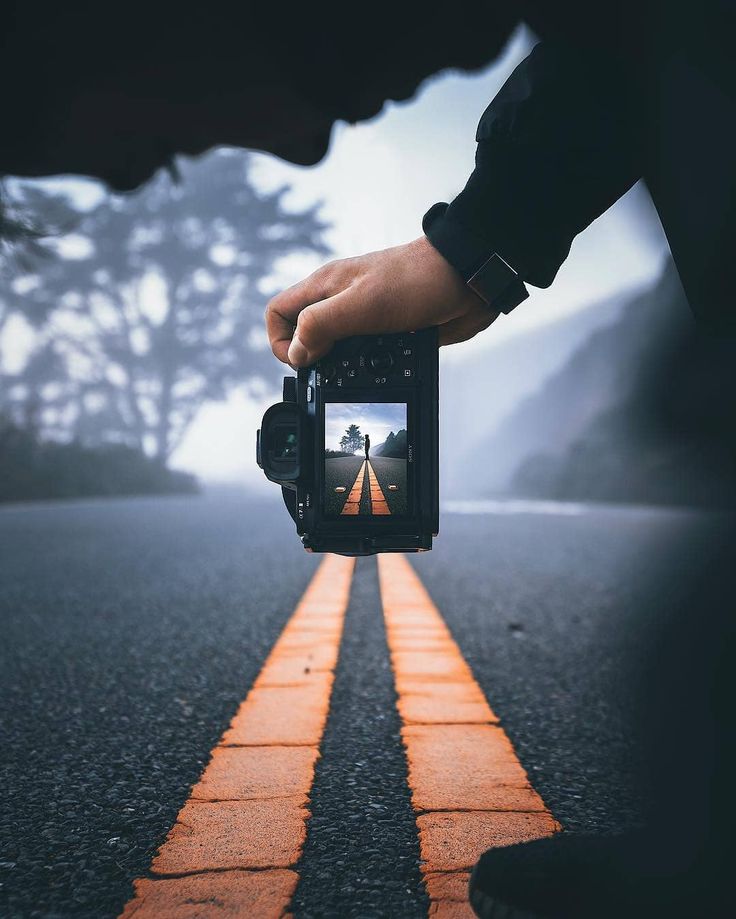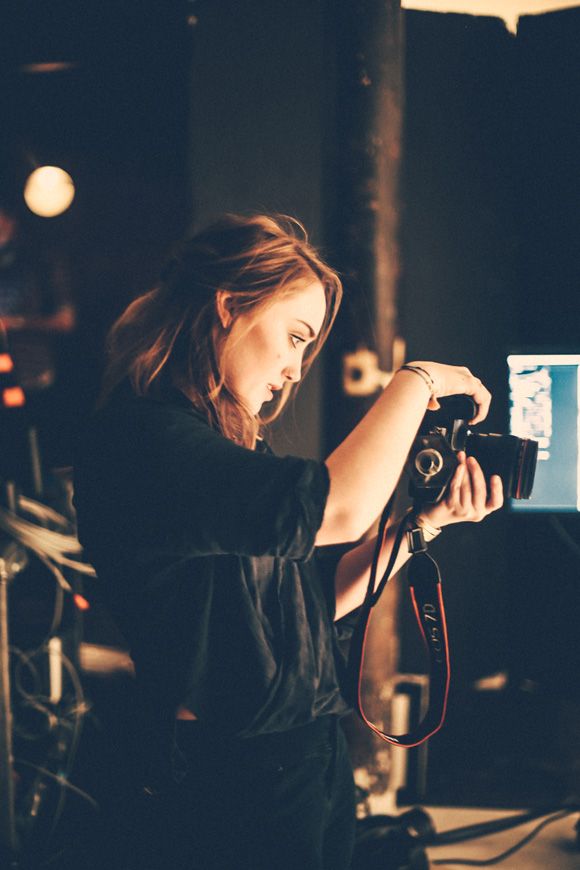How to Become a Good Photographer

Photography is more than just clicking a button; it’s a form of art that allows us to freeze moments in time, tell stories, and evoke emotions. Whether you’re a beginner or an experienced photographer, there’s always room for improvement and exploration in the world of photography. In this guide, we’ll delve into the essential aspects of creating the best photography, from mastering your camera settings to developing a unique style.
Know Your Gear: Understanding your camera and its settings is the foundation of great photography. Take the time to learn about aperture, shutter speed, ISO, and other essential elements that contribute to a well-exposed and composed photograph. Experiment with different modes and settings to discover the capabilities of your equipment.
Composition is Key: Learn and practice the rule of thirds, leading lines, framing, and other compositional techniques. Experiment with perspectives and angles to add depth and interest to your images.
Lighting Matters: Lighting is one of the most critical factors in photography. Pay attention to natural light, its direction, and intensity. Experiment with different times of the day and various lighting conditions to understand how they impact your photos. Additionally, learn to use artificial lighting equipment for more control over the lighting in your shots.
Develop Your Style: While learning the technical aspects of photography is crucial, don’t forget to develop your unique style. Your style is your signature, and it sets your work apart from others. Experiment with different genres of photography and find what resonates with you. Whether it’s portraits, landscapes, or street photography, let your personality shine through your images.
Patience and Persistence: Great photography often requires time and patience. Whether you’re waiting for the perfect natural light or the right moment to capture a candid expression, be prepared to invest time and effort.
The Art of Photography-A Visual Journey Through the Lens

Capturing Moments: At its core, photography is about capturing moments – freezing a fraction of time to tell a story or convey an emotion. From joyous celebrations to quiet moments of reflection, a well-crafted photograph has the power to evoke feelings and memories. As photographers, we become storytellers, narrating tales through the visual language of images.
The Power of Perspective: Photography allows us to see the world through different lenses, both literally and figuratively. Experimenting with perspectives, angles, and compositions can transform mundane scenes into captivating works of art. Whether capturing the grandeur of landscapes or the intimacy of a close-up portrait, the power of perspective lies in the photographer’s ability to see beyond the ordinary.
Lighting as the Brushstroke: Light is the paintbrush of a photographer, shaping and defining every image. Understanding how to harness natural light or manipulate artificial lighting can elevate a photograph from good to extraordinary. The interplay of light and shadows adds depth, texture, and mood, creating a visual symphony that captivates the viewer.
Technology’s Influence: In the digital age, advancements in camera technology and post-processing tools have democratized photography. While high-end cameras offer incredible capabilities, smartphones have become ubiquitous tools for capturing everyday moments. The democratization of photography has empowered individuals to become visual storytellers, sharing their unique perspectives with the world.
Photography as Therapy: Beyond its artistic aspects, photography can be a therapeutic outlet. The act of focusing on a subject, composing a shot, and immersing oneself in the creative process can have a calming effect. Photography becomes a form of mindfulness, encouraging individuals to be present at the moment and find beauty in the seemingly mundane.
